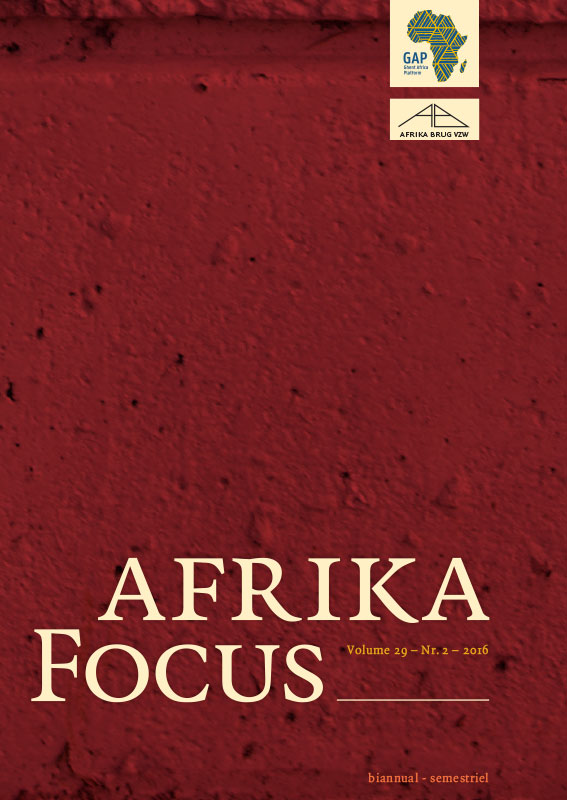Rituals and coutumes in the European slave trade on Madagascar in the 17th and 18th centuries
DOI:
https://doi.org/10.21825/af.v29i2.4847Abstract
In this text, we will retrace the commercial interactions linked to the slave trade between Europeans and Malagasy in the 17th and 18th centuries. As is often the case, this commerce was much more than a simple exchange of products, it can be termed a ritual, created by Malagasy sovereigns to which the Dutch and French merchants had to adhere. This ranged from presenting courtesy gifts up to the delivery of oral and written venerations, and represented an important cofirmation of power. The monarch often kept the upper hand over the Europeans who found themselves on hostile terrain, though the latter were not completely stripped of power as they effectively controlled the volume of this external commerce. Key words: slave trade, Indian Ocean World, local sovereignty, history of Madagascar, European companiesPublished
How to Cite
Issue
Section
License
Authors who publish with this journal agree to the following terms
Authors retain copyright and grant the journal right of first publication with the work simultaneously licensed under a Creative Commons Attribution License that allows others to share the work with an acknowledgement of the work's authorship and initial publication in this journal.
Authors are able to enter into separate, additional contractual arrangements for the non-exclusive distribution of the journal's published version of the work (e.g., post it to an institutional repository or publish it in a book), with an acknowledgement of its initial publication in this journal.
Authors are permitted and encouraged to post their work online (e.g., in institutional repositories or on their website) prior to and during the submission process, as it can lead to productive exchanges, as well as earlier and greater citation of published work (See The Effect of Open Access).


